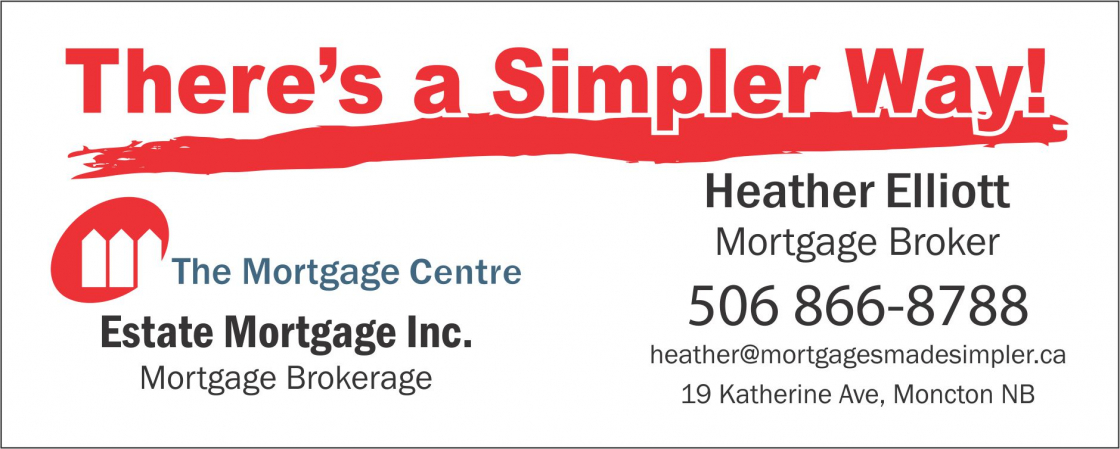What do you need to know when you’re buying a home? And what does it all mean?
Whether we realize it or not, we are all guilty of using jargon. Jargon is a type of language that is used in a particular context and may not be well understood outside of it. The context is usually industry or job related but could be generational or geographical as well.
Within the Mortgage Professional world we are no different….we are particularly guilty of using jargon unfamiliar to our clients.
When I decided to write this blog, I thought what better way to research where I need to start than to pick the brain of my millennial son. I told him I was going to write a blog on mortgage jargon in hopes of demystifying some of the lingo and asked if I could throw a few of our everyday terms at him to see if he knew what they were…..he was game, in fact he admitted he wasn’t even sure what a mortgage really was.
So I now with that starting point, let’s get basic….
Mortgage – a personal guarantee to repay a loan combined with your pledge of the property as security for that loan.
Mortgagor – the borrower who receives the mortgage funds in return for the personal guarantee and pledge of property.
Mortgagee – the lender who advances funds to the borrower and uses the property as collateral for the loan.
Amortization – the amount of time it takes to repay the entire loan, quite typically 25 years. The longer the amortization the lower the payment but the more interest the borrower will pay in the long run. This is an important concept to understand and discuss with your Mortgage Professional.
Term – while your mortgage is amortized over 25 years to keep repayment affordable, the repayment is broken down into terms. The term of your mortgage, anywhere from 6 months to 10 years, is a guarantee period of rate and payment.
Mortgage Default Insurance – insurance that allows buyers to purchase a home with a low down payment. Buyers with less than a 20% down payment are required to have mortgage default insurance, as a protection to the lender from borrowers not making payments. This gives lenders the flexibility of offering all borrowers low interest rates, regardless of the amount of the down payment. We currently have three Mortgage Default Insurance companies….CMHC, Genworth Canada and Canada Guaranty.
Down payment – the amount the borrower pays upfront from their own resources and it cannot be borrowed funds. Another important discussion point with your Mortgage Professional as there are a variety of Down Payment programs available to borrowers that can make home ownership possible even when they don’t have the funds themselves.
Closed Mortgage – A closed mortgage is just as it sounds: it means that making any changes to it i.e.. rate, early payout you will face a prepayment penalty/charge. Closed mortgages are very attractive as there interest rates are generally lower than an open mortgage. Closed mortgages offer a range of terms from six months to ten years.
Open Mortgage – Open mortgages differ from fixed mortgages since they can be repaid either in part or in full without a prepayment penalty/charge. Open mortgages are great for buyers looking to move again in the future, may need to make changes to their mortgage or believe that rates may be moving downward. Rates on open mortgages are generally higher than closed mortgages, the cost of the added flexibility.
Prepayment Penalty/Charge – A penalty paid to an existing lender to get out of a closed term in part or in full prior to maturity of the mortgage term.
Total Debt Service Ratio (TDS) – The percentage of the borrower’s grossmonthly income that will be used for monthly payments of principal, interest, taxes, heating and all other outstanding loans and debts.
Variable Rate – A variable rate mortgage implies a rate that is variable, or fluctuates according to the rate set by the Bank of Canada. If interest rates go down, more of the payment is applied to reduce the principal; if rates go up, more of the payment is applied to interest.
Fixed Rate – As implied the rate is fixed for the chosen term of the mortgage and provides a peace of mind for consistent payments regardless of market activity and volatility. This consistency comes at a cost as you lose flexibility in making any changes prior to the expiration of the term.
High Ratio Mortgage – a mortgage where the borrower places a down payment of less than 20% when buying their home, requiring them purchase mortgage default insurance.
Conventional Mortgage – requires a 20% down payment of the purchase price. Borrowers often do this to avoid having the additional cost of mortgage default insurance.
This is really just a small taste of the jargon associated with buying a home and getting a mortgage and I truly hope that this has helped some of you in some small way, regardless of your life stage or financial status. I cannot stress enough the importance of working closing with a mortgage professional, someone you can relate to and feel comfortable in asking any questions to, because buying a home is a huge decision that weighs heavily on a person mentally and financially. The Mortgage Centre Moncton Team are accredited, experienced, dedicated and personable individuals ready and able to help navigate you through any of your mortgage financing needs.
